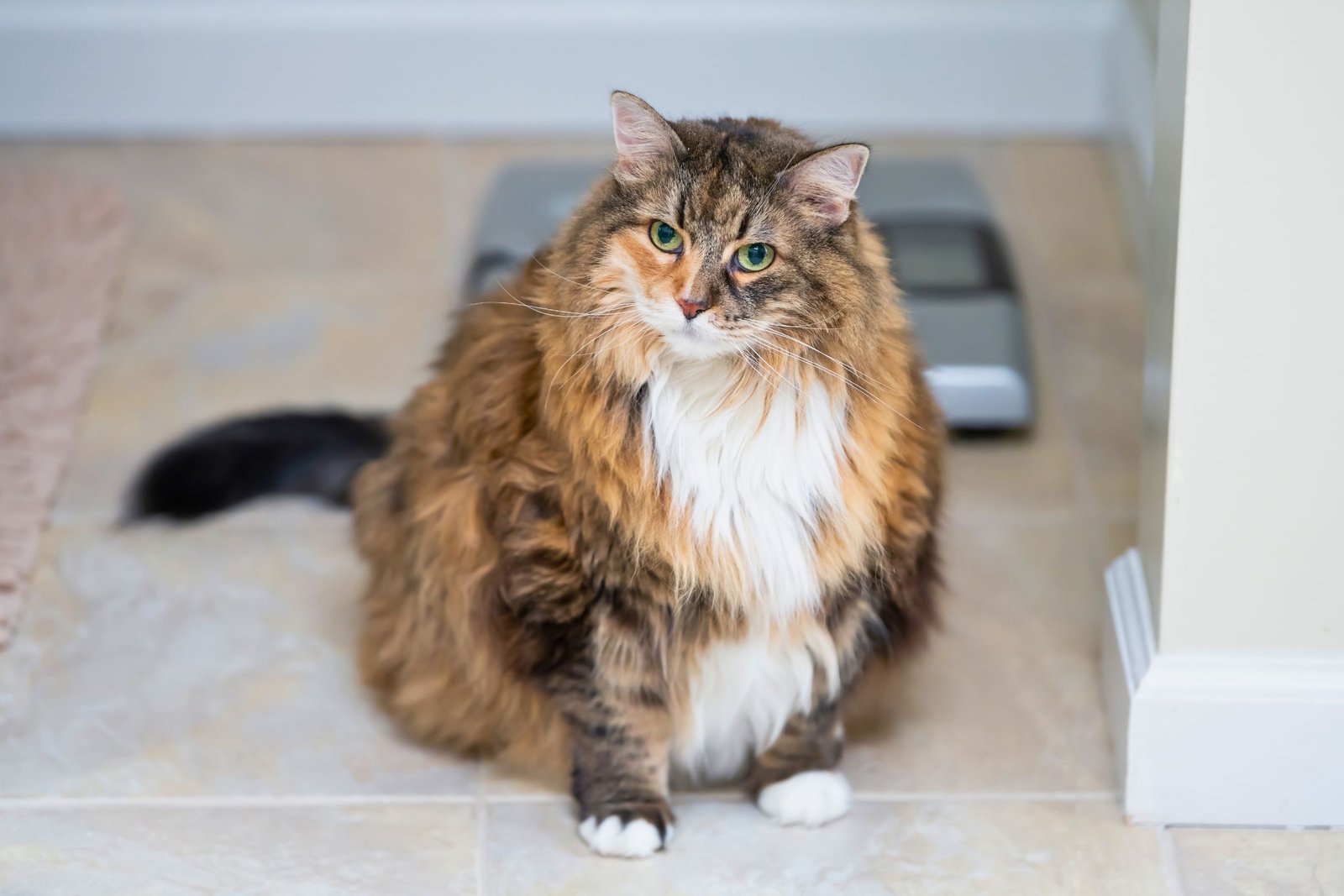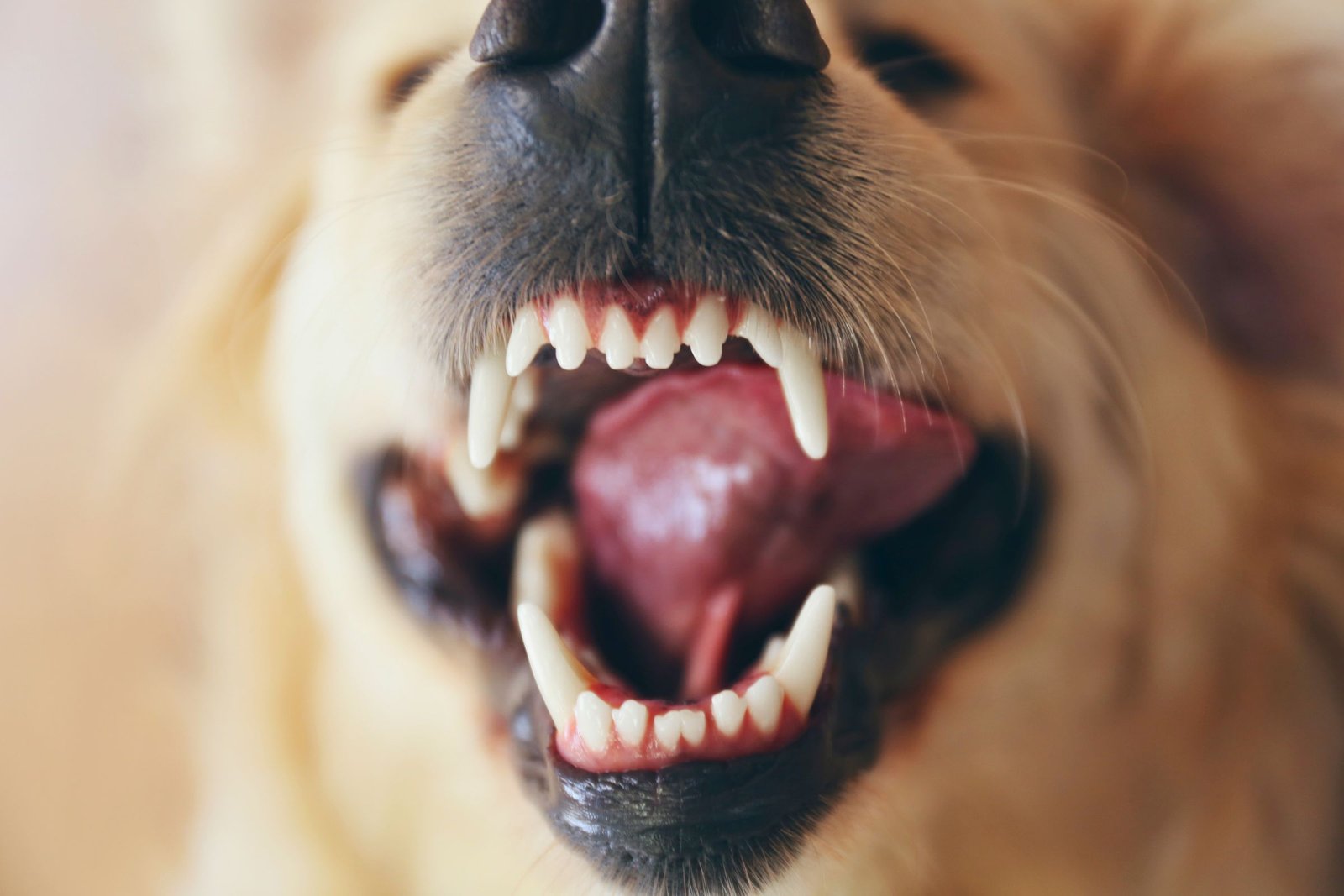Digestive Dilemmas: Navigating the Consequences of Overfeeding in Cats
The digestive system is a delicate balance in any living being, and cats are no exception. Overindulgence in the form of overfeeding can disrupt this intricate equilibrium, giving rise to a host of digestive dilemmas that impact a cat’s overall health and well-being.
Constipation Conundrum
Overweight cats are prone to experiencing constipation. The excess weight can impede the smooth passage of feces through the colon, leading to discomfort and difficulty during elimination. Constipation poses not only a physical challenge but also a potential source of stress for the cat.
Diarrhea Distress
On the flip side of the digestive spectrum, overfeeding can result in diarrhea. The digestive system may struggle to process an excess of nutrients, leading to loose or watery stools. Diarrhea not only poses a risk of dehydration but also indicates an imbalance in the cat’s dietary intake.
Gastrointestinal Upsets
Overfeeding often overwhelms a cat’s gastrointestinal system. The stomach and intestines may struggle to process and absorb the surplus nutrients, leading to indigestion, discomfort, and a heightened susceptibility to gastrointestinal upsets.
Vomiting Vulnerability
Cats that are overfed may be more prone to vomiting. The strain on the digestive system, coupled with potential dietary indiscretions, can trigger bouts of vomiting. This recurrent behavior is not only distressing for the cat but also indicative of underlying digestive challenges.
Nutritional Imbalances
Overfeeding may result in an imbalance of essential nutrients in a cat’s diet. This can adversely affect the digestive process, as certain nutrients may be either excessively or inadequately absorbed. Striking a balance in the cat’s diet is essential for maintaining optimal digestive health.
Increased Risk of Pancreatitis
Overweight cats face an elevated risk of developing pancreatitis, an inflammation of the pancreas. The pancreas plays a crucial role in digestion, and any disruption in its function can lead to digestive disturbances, abdominal pain, and potential long-term consequences.
Impact on Appetite Regulation
Continuous overfeeding can disrupt a cat’s natural appetite regulation. Cats may become less responsive to feelings of hunger and fullness, leading to a cycle of overeating. This disrupted appetite regulation can further exacerbate digestive challenges and contribute to weight-related issues.
The Role of a Balanced Diet
Maintaining optimal digestive health in cats hinges on providing a well-balanced diet. Ensuring that the cat receives the appropriate amount of nutrients, in proportion to their energy needs, supports a harmonious digestive process. This involves selecting high-quality, nutritionally balanced cat food and monitoring portion sizes.
In conclusion, digestive dilemmas resulting from overfeeding are not merely inconveniences; they are indicative of an imbalance that can compromise a cat’s overall health. Cat owners are encouraged to be vigilant about their feline companion’s dietary habits, providing a balanced and appropriate diet to promote optimal digestive well-being.








